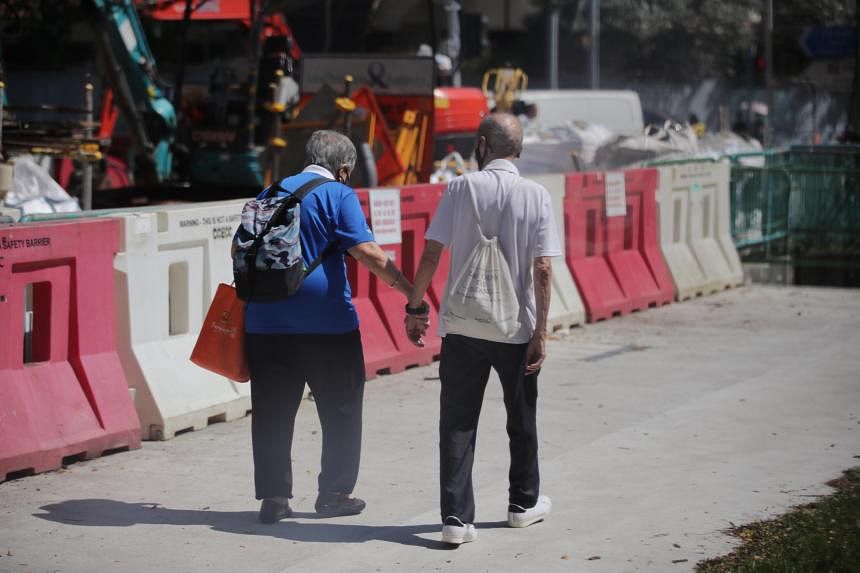SINGAPORE - In the past year, Ms Kuah Boon Theng, deputy president of the Tribunal for the Maintenance of Parents, has started to see cases where children do not want to give their elderly parents monetary support as the parents had previously been cheated by scammers.
They include an elderly woman who lost significant sums to more than one scammer. Her children did not mind paying her bills but she wanted cash, so she took her case to the tribunal.
While cases of elderly parents being scammed are an emerging concern, gambling addiction is still a key reason why children are reluctant to give their parents money, she said. The children fear the money would be wasted on gambling, rather than go towards living expenses.
Hence, the tribunal’s new powers to make non-monetary orders it deems fit are needed, such as to get a parent who is addicted to gambling to attend addiction counselling.
This is in the hope of addressing the root causes of why the child does not want to give maintenance, Ms Kuah said.
It can also order the child to pay certain bills directly, such as for utilities and groceries, instead of giving the parent cash, she added.
This introduction of non-monetary orders is one of four key amendments to the Maintenance of Parents Act that was passed in Parliament on Tuesday.
Ms Kuah said: “By the time they come to the tribunal, they are estranged. The children tell us what had happened in the past, like the parent committed adultery and abandoned the family.
“The children feel it is unfair they have to pay maintenance when they were abandoned or abused by their parent in the past, or they have seen their parent abusing the other parent.”
Ms Kuah recalled a case where the father was abusive, and his violence had traumatised the children.
The father applied for maintenance a few times, even though the tribunal dismissed his claims, given his past abusive behaviour.
The process of defending themselves against their estranged father’s claims took a huge toll on the children, she said.
She said of the father’s repeated applications: “The children felt like their father was deliberately applying for maintenance to punish them for not giving him money. To them, it felt like, ‘When is this nightmare going to end?’”
Such cases will now be screened out, given the tribunal’s new power to dismiss frivolous or vexatious applications without informing or involving the child, said Ms Kuah.
This can be done where existing evidence shows that the application is without merit, such as when the parent is clearly able to support himself.

Another amendment involves empowering the Commissioner for the Maintenance of Parents to initiate conciliation between children and their parents who are living in welfare homes for the destitute.
The commissioner can do so, even without the parent’s consent, if certain criteria are met. These include the child having the means to support the parent, but refusing to do so.
Ms Nura Hassan, Superintendent at the Bukit Batok Home for the Aged, said: “Some reasons for the parent-child estrangement could include residents not being dutiful parents in the past when the child’s custody was granted to the other parent after the divorce. They may have caused harm to their families due to their behaviour, have addiction issues or they borrowed from loan sharks.”
So these seniors do not want to ask their children for maintenance as they did not fulfil their parental responsibilities in raising their children or they had hurt their families in the past, Ms Nura said.
She added: “It is beneficial that with the amendments, the Commissioner can call the child for mandatory conciliation as a last resort. The Commissioner can meet the children without the parent, to hear the child’s side of the story where it is appropriate.”


